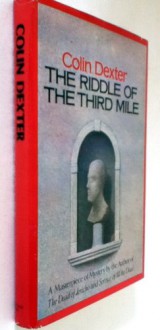

Georgette Heyer: Behold, Here's Poison
(Narrator: Ulli Birvé)![]()
The first Georgette Heyer mysteries I read were her Inspector Hemingway books, which in a way meant I was starting from the wrong end, as Hemingway progressed to the rank of inspector from having been the lead investigator's sergeant in the earlier Superintendent Hannasyde books. That doesn't impede my enjoyment of Hannasyde's cases in the least, however, now that I'm getting around to these, even though I found the first one (Death in the Stocks) seriously underwhelming. But Heyer redeems herself in a big way with Behold, Here's Poison: Though a fair share of her mysteries have a sizeable contingent of 1920s-30s stock-in-trade bright young things and generally "nice chaps" (which got on my nerves enough at one point to make me decide I'd had enough of Heyer), when she did set her mind to it, nobody, not even Agatha Christie, did maliciously bickering families like her. And the family taking center stage here must be one of the meanest she's ever come up with, only (just) surpassed by the Penhallows. I'm not overwhelmed with the story's romantic dénouement (there always is one in Heyer's books), and while I guessed the mystery's essential "who" and had a basic idea of the "why" at about the 3/4 - 4/5 mark (the actual "why" was a bit of a deus ex machina), by and large this has to count among my favorite Heyer mysteries so far ... though not quite reaching the level of my overall favorite, Envious Casca.
Ulli Birvé isn't and won't ever become my favorite narrator, and she seriously got on my nerves here, too. Since all of the recent re-recordings of Heyer's mysteries are narrated by her, though, I've decided I won't hold her mannerisms against the author, and I've read enough print versions of Heyer books at this point to have a fairly good idea of what a given character would sound like in my head if I'd read instead of listened to the book in question.


Colin Dexter: The Riddle of the Third Mile
(Narrator: Samuel West)![]()
For Veterans' / Armistice Day I'm claiming the very first book I revisited after the beginning of the 24 Festive Tasks game: Colin Dexter's The Riddle of the Third Mile had long been one of my favorite entries in the Inspector Morse series, but Samuel West's wonderful reading not only confirmed that status but actually moved it up yet another few notches. (Samuel West is fast becoming one of my favorite audiobook narrators anyway.) The fact that due to the progress of medical research a key element of the mystery would have been much easier to solve these days does not impede my enjoyment in the least ... changing social mores aside, half the Golden Age crime literature, including many of the great classics by Agatha Christie, Dorothy L. Sayers and even, on occasion, Arthur Conan Doyle would be deprived of substantial riddles if they were set today. -- The book qualifies for this particular "24 Festive Tasks" square, because some of the characters' and their siblings' encounter as British soldiers at the battle of El Alamein (1942) forms the prologue to the book and an important motive for their actions in the world of Oxford academia and Soho strip clubs, some 40 years later.

 Log in with Facebook
Log in with Facebook 
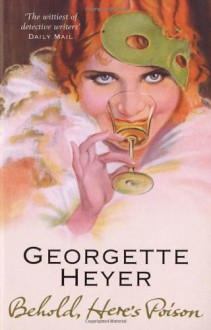
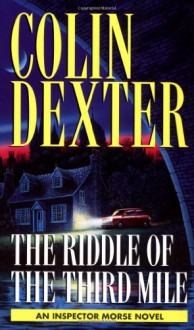
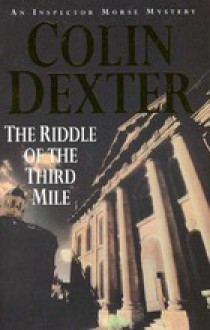
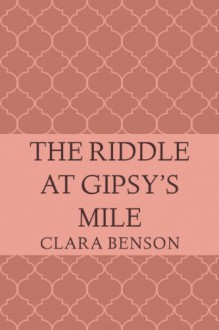
 5 hours 40 mins Read by Michael Pennington
5 hours 40 mins Read by Michael Pennington  What a hoot this was, Dexter was well on form, he seems to have had fun playing around with some snappy repartee.
What a hoot this was, Dexter was well on form, he seems to have had fun playing around with some snappy repartee. 
